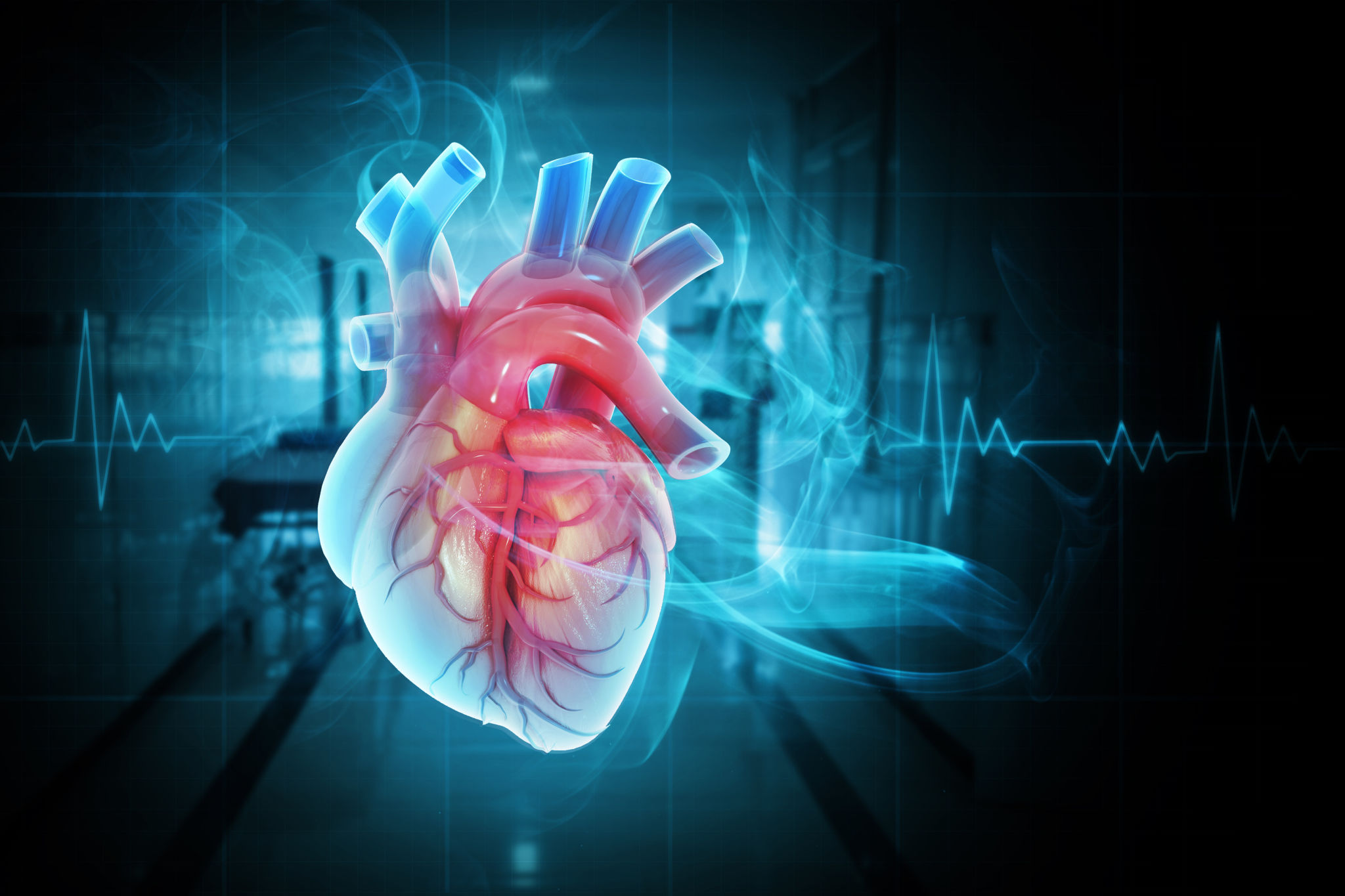How AI Improves Diagnostic Accuracy in Cardiovascular Disease
Introduction to AI in Cardiovascular Diagnostics
Artificial Intelligence (AI) is revolutionizing various fields, and healthcare is no exception. In cardiovascular disease diagnostics, AI's role is becoming increasingly significant. The ability of AI to analyze complex datasets with high precision offers promising advancements in diagnosing heart-related conditions.
Cardiovascular diseases are among the leading causes of death globally. Accurate and timely diagnosis is crucial for effective treatment and management. AI technologies, equipped with machine learning algorithms, can enhance the diagnostic accuracy of these conditions, potentially saving countless lives.

AI-Powered Diagnostic Tools
AI-powered tools are transforming how clinicians approach cardiovascular diagnostics. These tools can process and interpret vast amounts of data efficiently, providing insights that might be missed by the human eye. For instance, AI algorithms can analyze imaging data from echocardiograms, MRI scans, and CT scans to detect anomalies with higher accuracy than traditional methods.
One of the key advantages of AI in diagnostics is its ability to learn from previous data. Machine learning models can be trained on extensive datasets to recognize patterns and predict outcomes, which aids in early detection and intervention.
Improving Risk Stratification
Risk stratification is a critical component in cardiovascular care. AI can analyze patient data to identify high-risk individuals who might benefit from preventive measures. By integrating AI with electronic health records, healthcare providers can develop personalized treatment plans that cater to the unique needs of each patient.

AI in Predictive Analytics
Predictive analytics is another area where AI is making significant contributions. AI models can predict the likelihood of cardiovascular events such as heart attacks or strokes by analyzing patterns in patient data. This enables healthcare providers to take proactive steps in managing patient health and preventing adverse events.
Furthermore, predictive analytics can help in optimizing treatment protocols. By understanding how different patients respond to various treatments, AI can assist doctors in selecting the most effective interventions for their patients.
Challenges and Considerations
Despite its potential, the integration of AI in cardiovascular diagnostics is not without challenges. Data privacy concerns, algorithm bias, and the need for large, diverse datasets are some of the hurdles that need to be addressed. Ensuring that AI systems are transparent and interpretable is also essential for gaining trust from both healthcare professionals and patients.

The Future of AI in Cardiovascular Health
The future of cardiovascular diagnostics looks promising with the continued development of AI technologies. As these systems become more sophisticated, they will likely play an even greater role in diagnosing and managing cardiovascular diseases.
Collaborative efforts between technology companies, healthcare institutions, and regulatory bodies will be crucial in advancing AI applications. By fostering innovation while addressing ethical and practical challenges, AI could significantly improve outcomes for patients with cardiovascular conditions.
In conclusion, the integration of AI into cardiovascular diagnostics represents a transformative step forward in healthcare. As we continue to explore its capabilities, the potential benefits for both patients and healthcare providers are immense.
